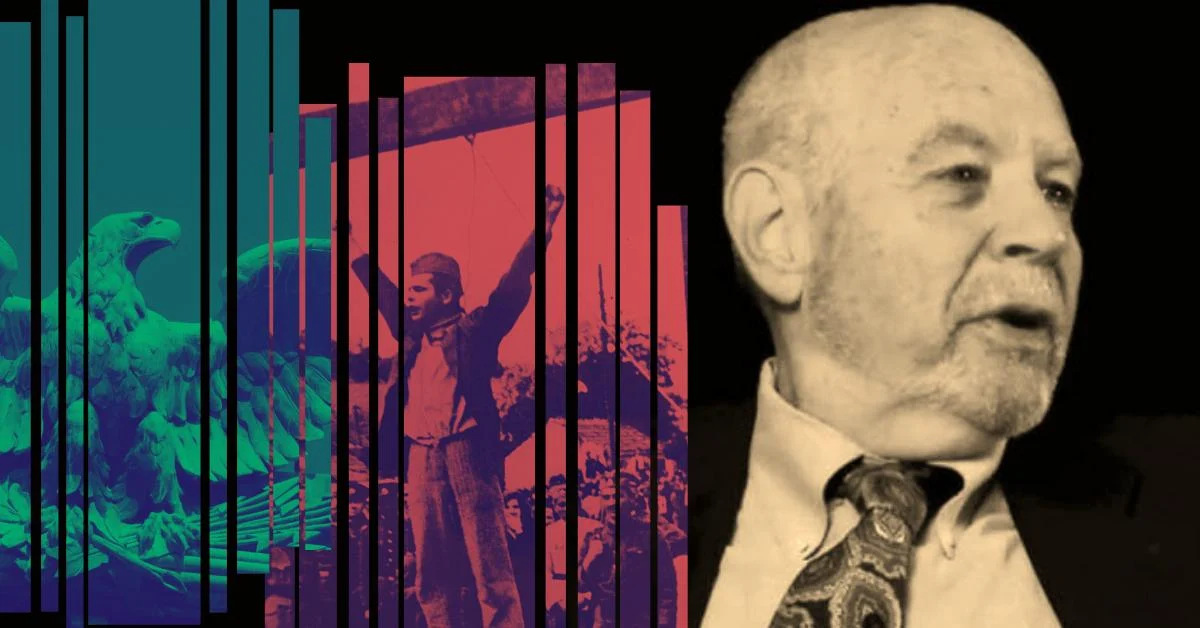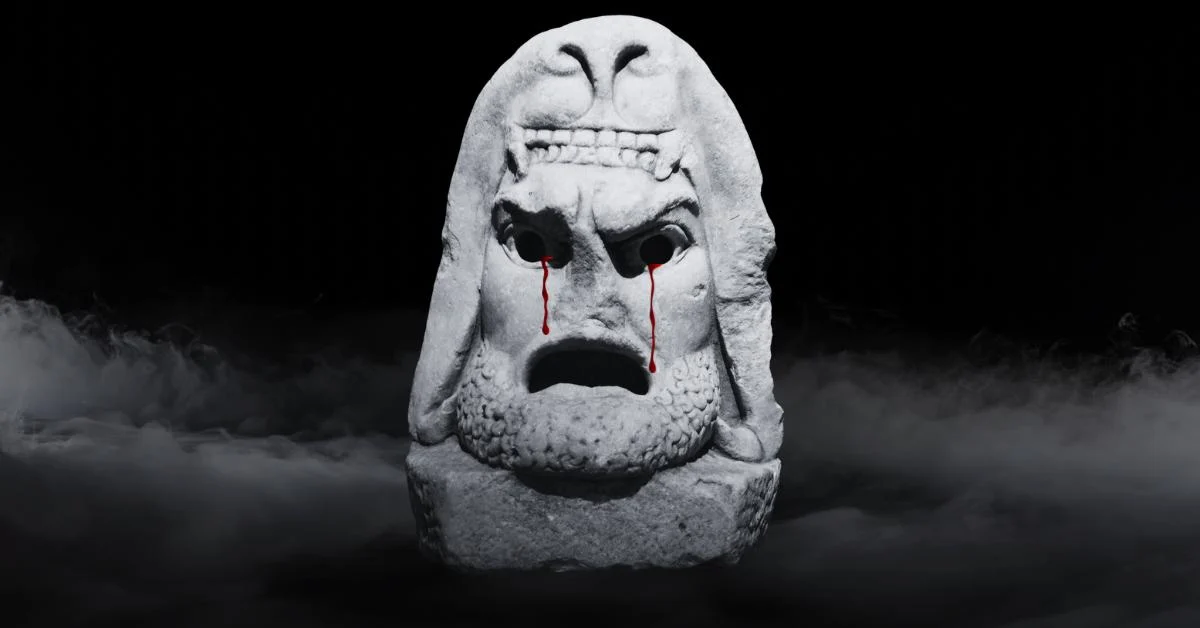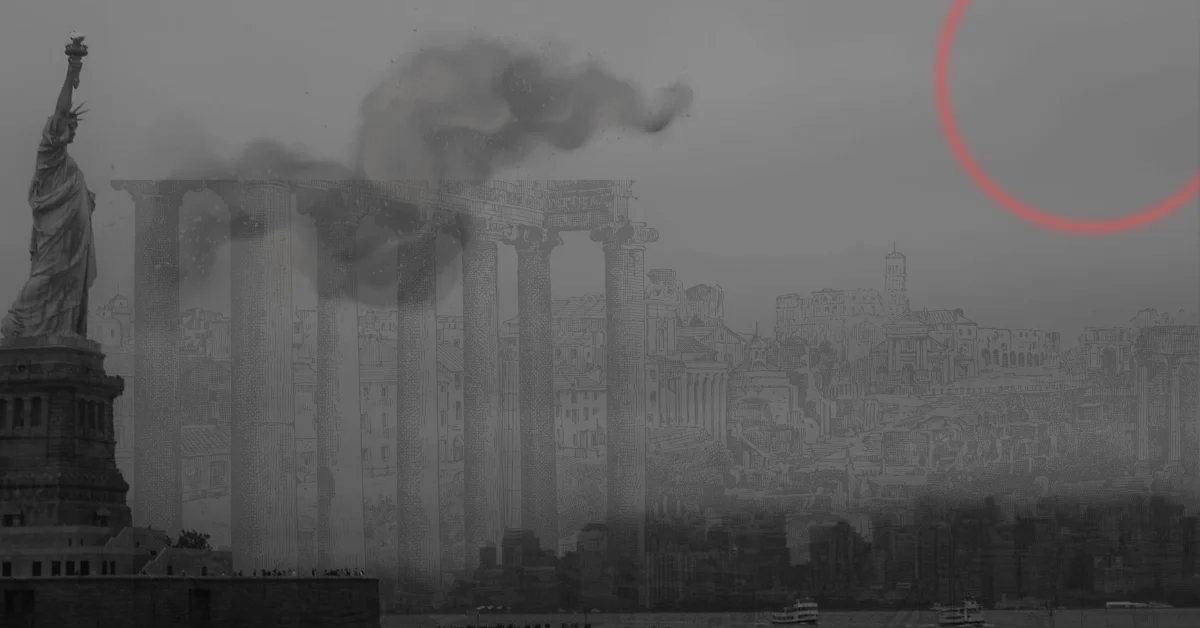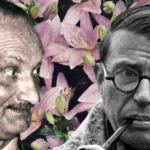In Latin America, power often wears the familiar face of the caudillo—charismatic, commanding, and contemptuous of constraint, whether on horseback then or now on your smartphone. Conquistadores, Libertadores, Dictadores—Caudillos. These words name the men who have shaped Latin American politics and history, not through committee meetings but through force, vision, and command. Men of iron …















